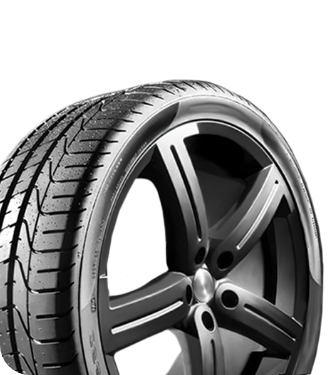

EV vs. Plug-In Hybrid Vehicles: Which One to Buy
Misc. |The choices in battery-powered transportation can make selecting the type of vehicle to buy a little complicated. When you’re considering an EV vs. a plug-in hybrid vehicle, which one to buy may depend on your typical driving distance and the availability of charging stations.
What’s the Difference Between a Fully Electric Car and a Plug-In Hybrid?
Both fully electric cars (“EVs”) and plug-in hybrid electric vehicles (“PHEVs”) use batteries as a power source to drive the car. However, EVs do not have a gasoline-powered engine at all, while plug-in hybrids use an electric motor and a battery to supplement the power of a gas engine.
Charging
Both EVs and plug-in hybrids require a compatible outlet or charging station. EVs have a bigger battery and a much longer range of up to 200 miles of travel on a full charge. Plug-in hybrids have a smaller battery and a limited range of 20-60 miles on battery power alone.
Both types of cars can charge by plugging into a conventional 120-V outlet, but a full charge for an EV with a standard outlet could take up to 24 hours. A 240-V outlet, or a dedicated EV charging station, can charge the battery faster, but you’ll have to pay an electrician to install one in your garage, if you have one, or find one where you park or along a highway you drive regularly.
Range Anxiety
If you drive long distances regularly, you may get nervous about reaching your destination in an EV. A plug-in hybrid has a gas engine to get you where you’re going, even if the battery becomes depleted. While most hybrids use “regenerative braking,” which recaptures kinetic energy from the forward motion of the car and sends it back to the battery, having a gas engine as a backup makes driving a longer distance more certain.
But plug-in hybrids automatically shift from gas to electric power when traveling at low speeds, conserving gas and reducing emissions. That makes them a good choice if you spend most of your driving time in slow-moving city traffic for short distances.
Simplicity
EVs have fewer moving parts and systems, with one engine and one battery. Plug-in hybrids use two motors and a battery. Unsurprisingly, EVs have lower maintenance costs. EVs also tend to have quicker pick-up. Although plug-in hybrids have two engines that sometimes work simultaneously and sometimes individually, the boost you get doesn’t last as consistently as the power of an EV.
Used Car Availability
Plug-in hybrids and EVs are relatively new types of cars, but with some effort used models can be found. The used car market has become hypercompetitive for buyers, as the supply of new cars has suffered from pandemic-related supply chain troubles. You may have to put yourself on a waitlist for desirable used models.
Whether you’re driving a new or used car, RNR Tire Express is a tire shop in Corpus Christi, Texas, that can supply you with affordable replacement tires to keep your vehicle going while you’re deciding on an EV vs. a plug-in hybrid, and which one to buy.





